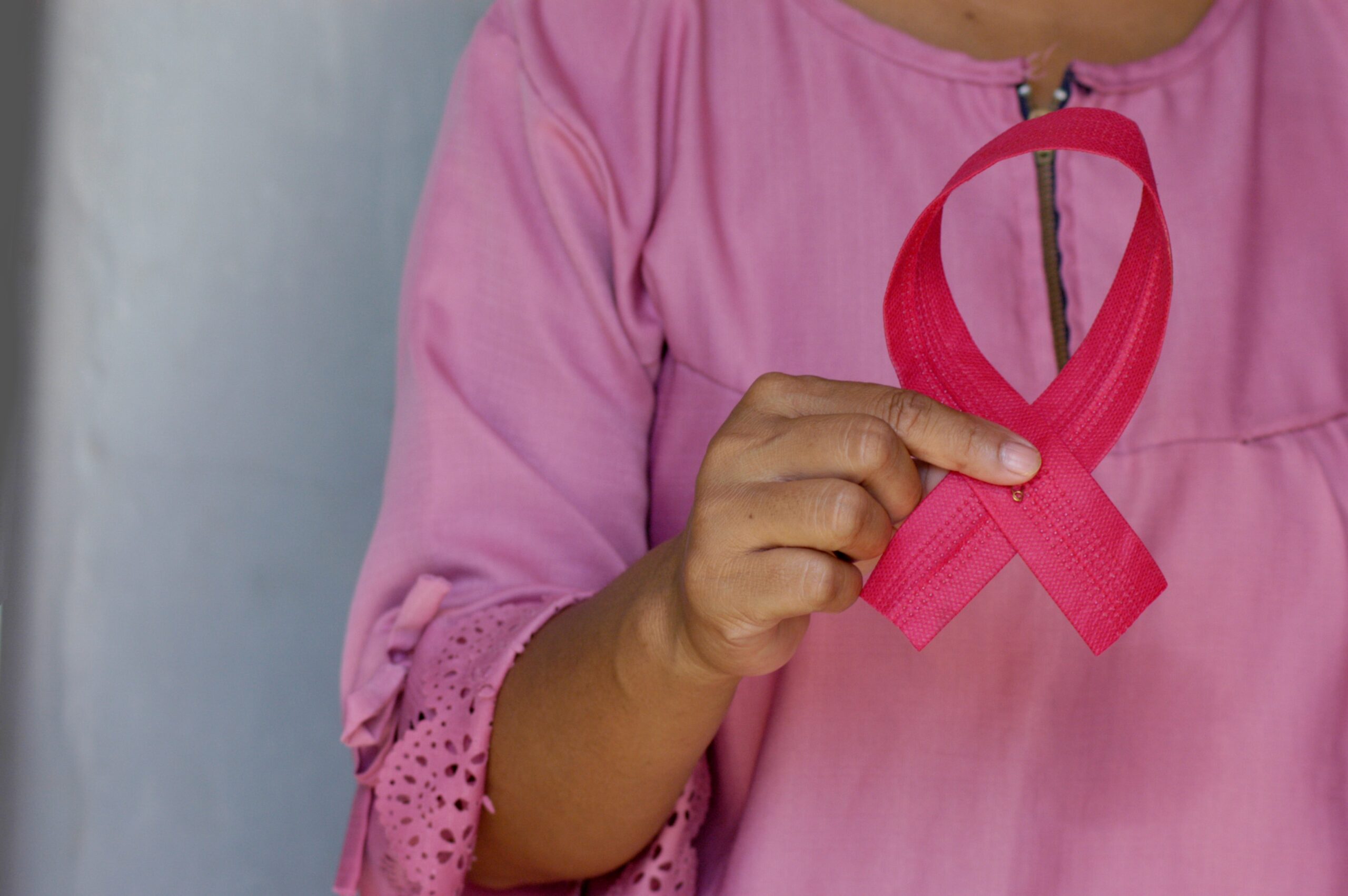Video from “Pathway to Cure” produced by Dr. Elizabeth Reed & Dr. Robin Lally (2019). Funded by a grant from Pfizer Inc. in collaboration with the National Comprehensive Cancer Network Oncology Research Program.
Reproductive/Sexual Wellness
Breast cancer is the most common type of cancer among women of reproductive age. Chemotherapy poses a risk of diminished fertility to young patients and many of them seek ways to preserve their fertility. Women must consult their physicians early after their cancer diagnosis to discuss options.
Cryopreservation of the embryo/oocyte following ovarian stimulation is the method of choice, however, not always possible due to contraindications and time constraints. Women should consult an expert to determine if their situation makes cryopreservation possible, or to explore together alternative options.
Among the greatest challenges for young women undergoing breast cancer treatment are those associated with sexual function. While cancer treatments are important to save women’s lives, chemotherapy, radiation, surgery, and endocrine therapy can raise a number of sexual concerns both physical and emotional. Sexual dysfunction can occur during treatment but also it may extend into survivorship.
Women who have not yet experienced menopause may experience chemotherapy-induced ovarian failure and onset of an early menopause, which may significantly affect sexual function. Furthermore, certain types of chemotherapy, such as the anthracyclines and taxanes can negatively affect overall physical function, reducing libido and arousal. In addition, common toxicities resulting from chemotherapy include fatigue, hair loss, and GI distress which may affect sexual health. Tamoxifen and aromatase inhibitors (AIs) may also cause menopausal-type symptoms. See the video within this website about endocrine therapies.
Radiation therapy may result in local side effects, including persistent breast pain, arm and shoulder discomfort and loss of flexibility, and lymphedema. Any of those symptoms can be linked to sexual function. Please see videos on this website about radiation therapy and lymphedema.
Attention to reproductive/sexual health is an important part of treating women diagnosed with breast cancer, but is often overlooked by patients and physicians. Ask questions to make informed decisions. If you are uncomfortable asking questions about sexual function with your physician, oncology nurses may be a wonder resource.

Your feedback is appreciated. Help us improve the site.
Submit your feedback here!

About Us
Learn more about the Beating Breast Cancer project.
